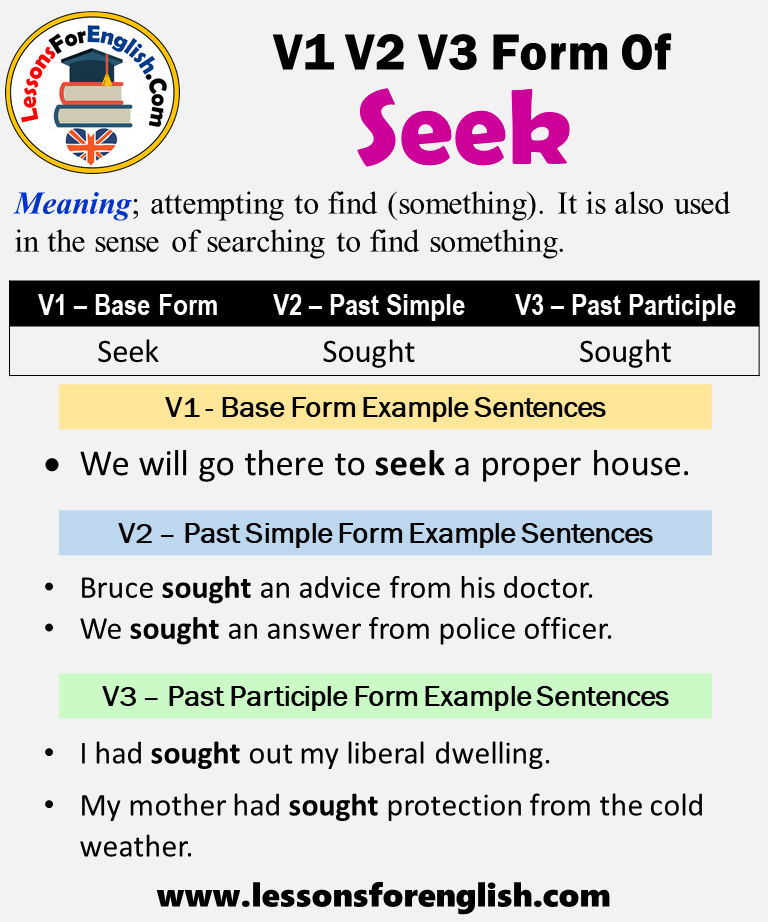
Past Tense Of Seek, Past Participle Form of Seek, Seek Sought Sought V1
Oldest first Yolandi English Tutor IELTS/TOEFL/others - BUSINESS English - CONVERSATIONAL English. ADULTS and CHILDREN. All levels. 3 years ago Contact tutor 3 years ago The past tense of "seek" is "sought". He searched long and hard, and eventually found what he had sought. The answer is: Helpful ( 2) 💡 Interesting ( 0) 😄 Funny ( 0) 🤔
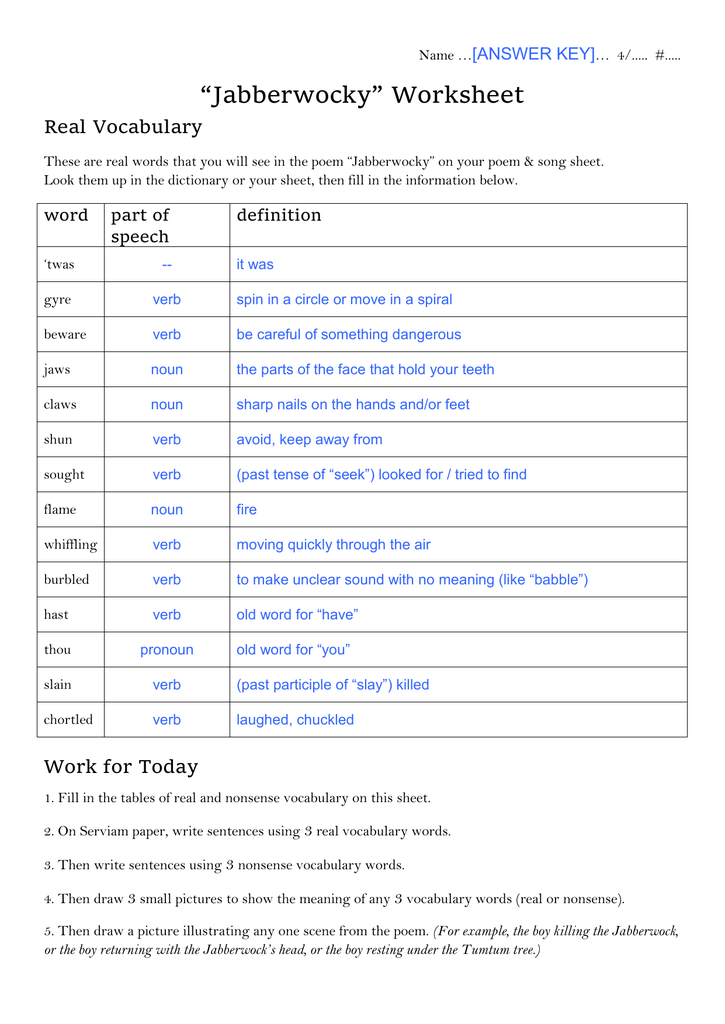
Past Tense Of Seek slidesharetrick
Definition of 'sought' Word Frequency sought (sɔːt ) Sought is the past tense and past participle of seek . Collins COBUILD Advanced Learner's Dictionary. Copyright © HarperCollins Publishers Video: pronunciation of sought British English pronunciation American English pronunciation Word Frequency sought in British English (sɔːt ) verb
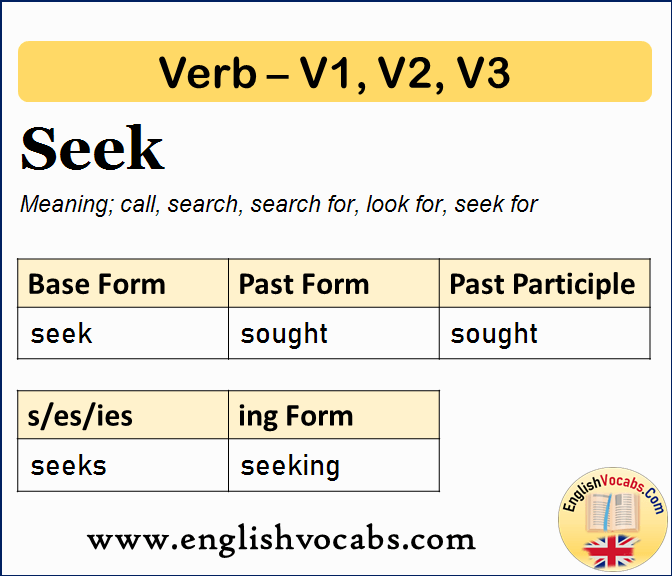
Get Past Simple, Past Participle, V1 V2 V3 Form of Get English Vocabs
The past tense (past participle) form of "seek" is "sought." The infinitive of the word form is "seek." The present participle form is "seeking." The past tense form is "sought" and past participle form is "sought." Understanding verb tenses The general grammar rules that govern past tenses are as follows.
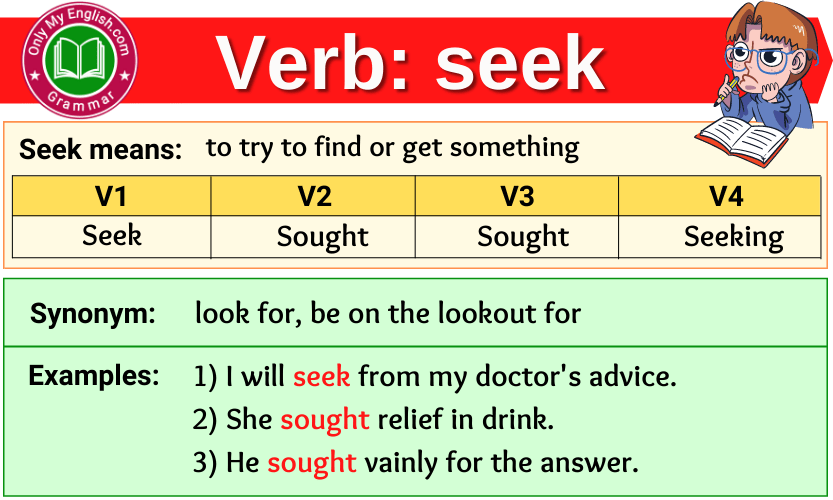
Seek Verb Forms Past Tense, Past Participle & V1V2V3 »
past tense of seek is sought. Seek verb forms Conjugation of Seek Simple / Indefinite Present Tense He/She/It seeks . I seek. You/We/They seek. Present Continuous Tense He/She/It is seeking. I am seeking. You/We/They are seeking. Present Perfect Tense He/She/It has sought. I have sought. You/We/They have sought. Present Perfect Continuous Tense

Past Tense Of Seek slidesharetrick
Hence, one may mistakenly think that the past-tense form of "seek" is the incorrect "seeked." However, "seek" becomes the very distinct "sought" when transforming into a past-tense verb. Other verbs that also go from their present-tense form to a past-tense form ending in "-ught" include the following: bring → brought; buy → bought ; catch.

Past Tense, Present Tense and Participle of SEEK V1 V2 V3 V4 V5
According to WordHippo.com, the correct conjugation for the past tense of the verb "to seek" is actually "sought." While the third person singular present tense of the verb is "he/she/it seeks," the past tense completely changes the spelling, and the form seems to be that of an irregular verb.
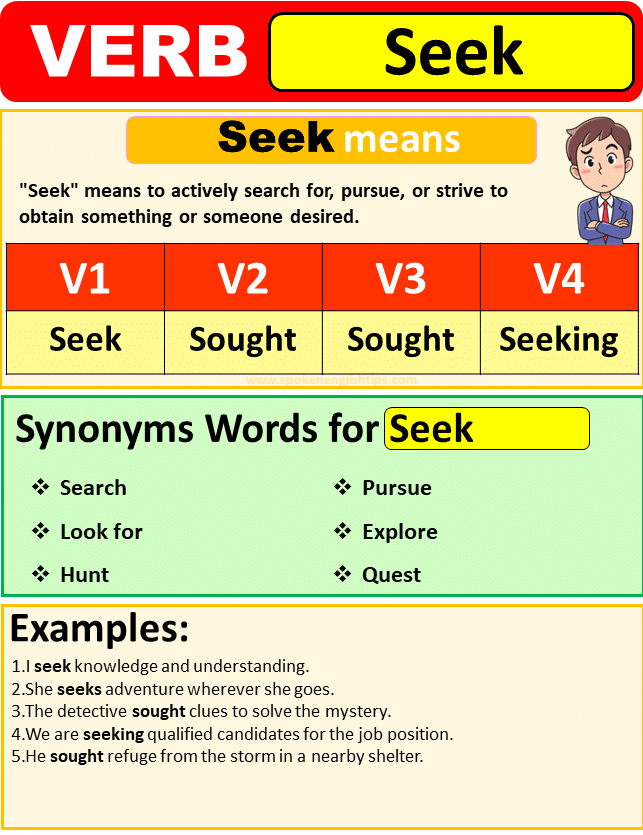
Seek Verb Forms Past Tense Of Seek & Past Participle
Sought is the past tense of the verb "To seek". "Seeked" is incorrect and not a word in English. He sought professional help after his divorce. He seeked professional help after his divorce. The verb "to seek" means to try to find something. Usually the verb "seek" means there is some difficulty and it is an easy step to try to.
Past Tense Of Seek slidesharetrick
The past tense of the verb "seek" is "sought", and the past participle is "sought". Verb Tenses Past simple — seek in past simple sought (V2) . Future simple — seek in future simple is seek (will + V1) . Present Perfect — seek in present perfect tense is sought (have/has + V3) . Past Perfect — seek in past perfect tense is sought (had + V3) .

Past Tense Of Seek slidesharetrick
Past Tenses Present Tenses Future Tenses Most Common Irregular Verbs The two most common irregular verbs in English are "be" and "have." These pages give more details about these two verbs: the verb "to be" the verb "to have" Here are the next 10 most common irregular verbs in English: see, say, go, come, know, get, give, become, find, and think

Past Tense Of Seek slidesharetrick
Past Tense of Seek The verb "seek" means to try to find or search for something or someone. It can also mean to try to obtain or achieve something, such as a goal or objective. It is often used in the context of actively looking for something, whether it be physical or abstract.
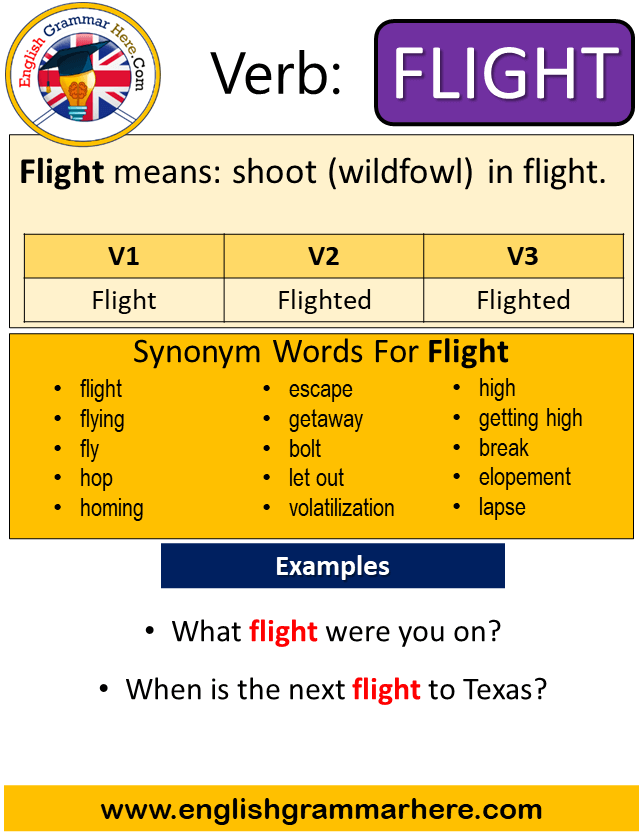
Seek Past Simple Simple Past Tense Of Seek Past Participle V1 V2 V3 Images
Grammar Reference Irregular Verbs List Definition: To Seek Irregular verb: To Seek Verb conjugation: Seek - Sought - Sought Meaning of 'To Seek' To try to find something Conjugation of verb 'Seek' Irregular Verbs Following a Similar Pattern Verbs like: Subscribe to Ad-Free Browsing

Seek Past Tense Verb Forms, Conjugate SEEK
Seek in Present Perfect Tense. Singular. Plural. I have sought. We have sought. You have sought. You have sought. He/She/It has sought. They have sought.

Past Tense of Search, Past Participle of Search, V1 V2 V3 V4 V5 Form of
Conjugation verb seek X Toolbox: Models British vs. American English Auxiliaries, modals Irregular verbs seek Infinitive to seek Preterite sought Past participle sought Model : seek Auxiliary : have, be Other forms: seek oneself / not seek Contractions Advertising Indicative Present I seek you seek he/she/it seeks we seek you seek they seek
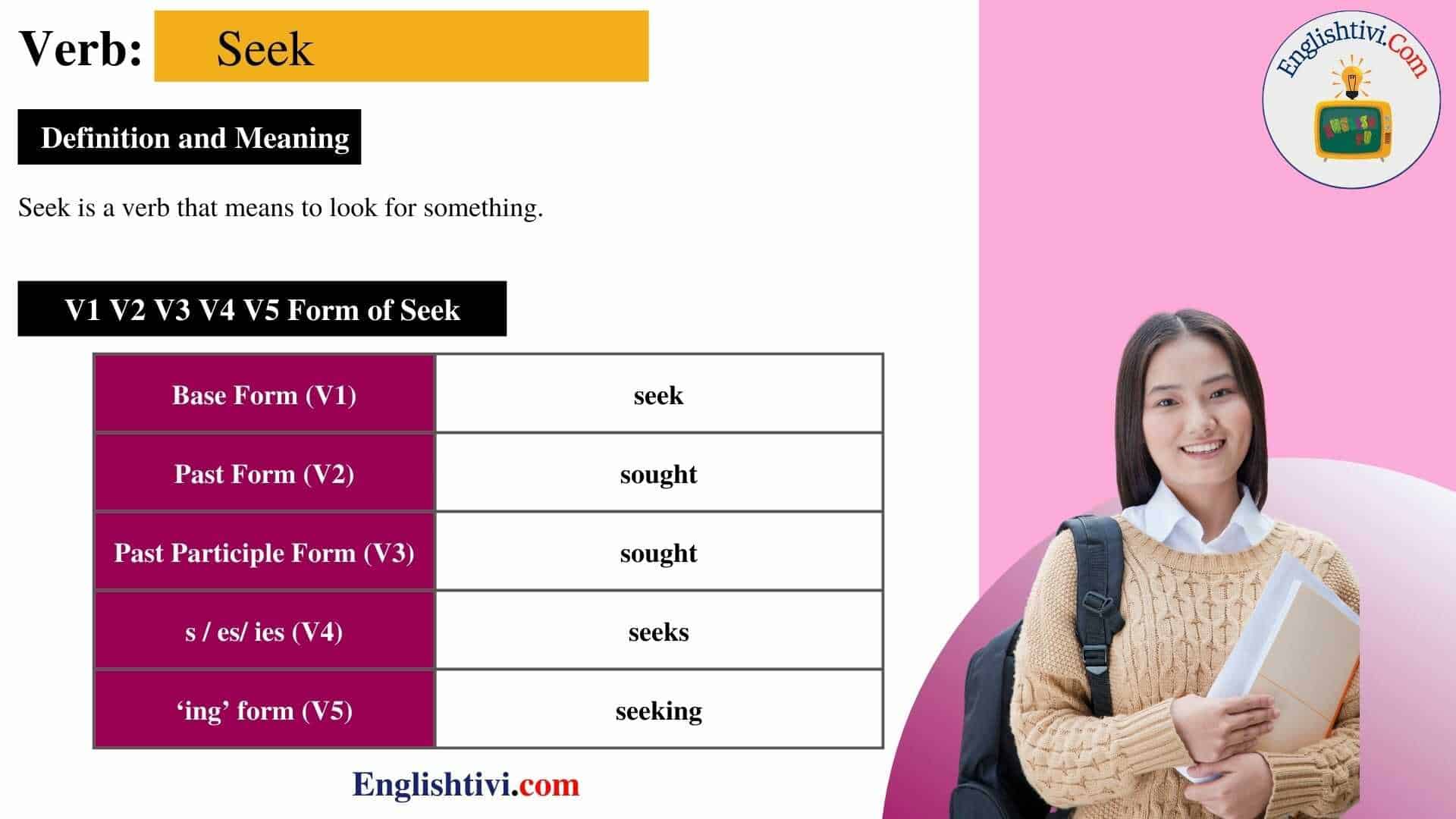
Seek V1 V2 V3 V4 V5 Base Form, Past Simple, Past Participle Form of
past participle: (to) seek seeking sought definition in Spanish in French in Italian Indicative Perfect tenses Continuous (progressive) and emphatic tenses Compound continuous (progressive) tenses Conditional Imperative Subjunctive *Blue letters in conjugations are irregular forms. ( example)
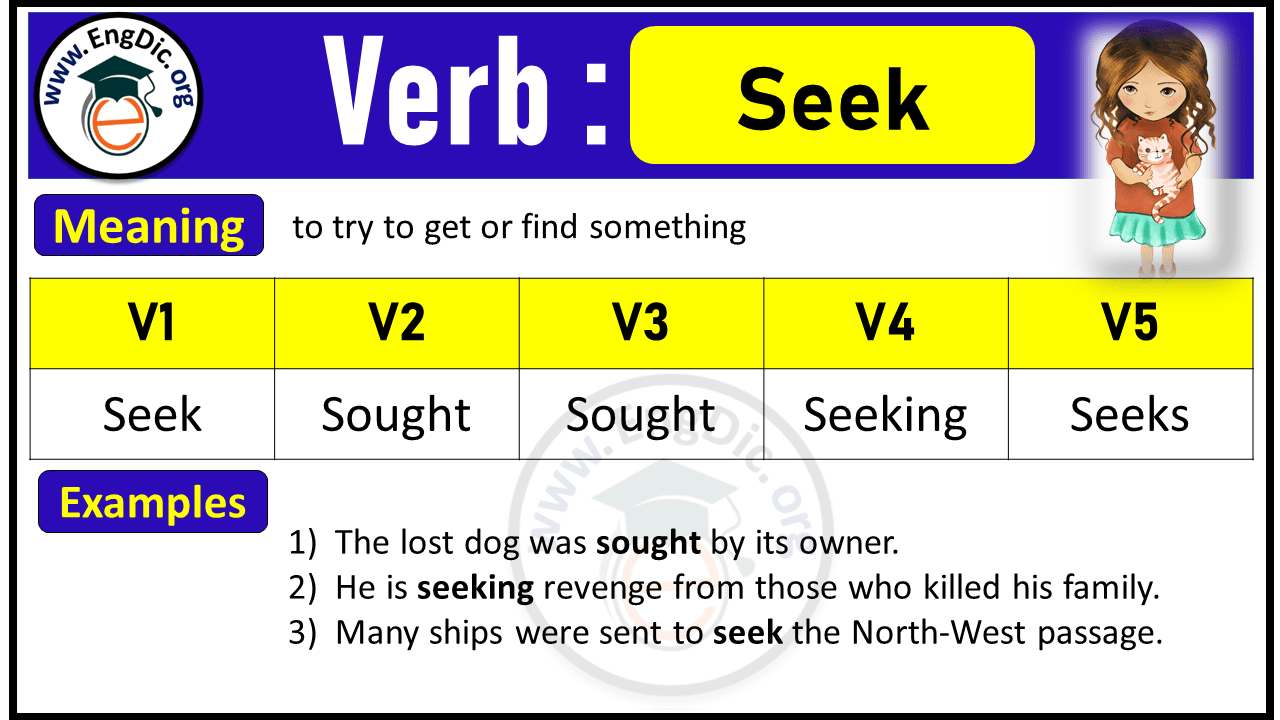
Seek past participle Archives EngDic
From Longman Business Dictionary seek /siːk/ verb (past tense and past participle sought) /sɔːtsɒːt/ [ transitive] to try to get or achieve something Even while takeover talks were in progress, the company sought other potential buyers.
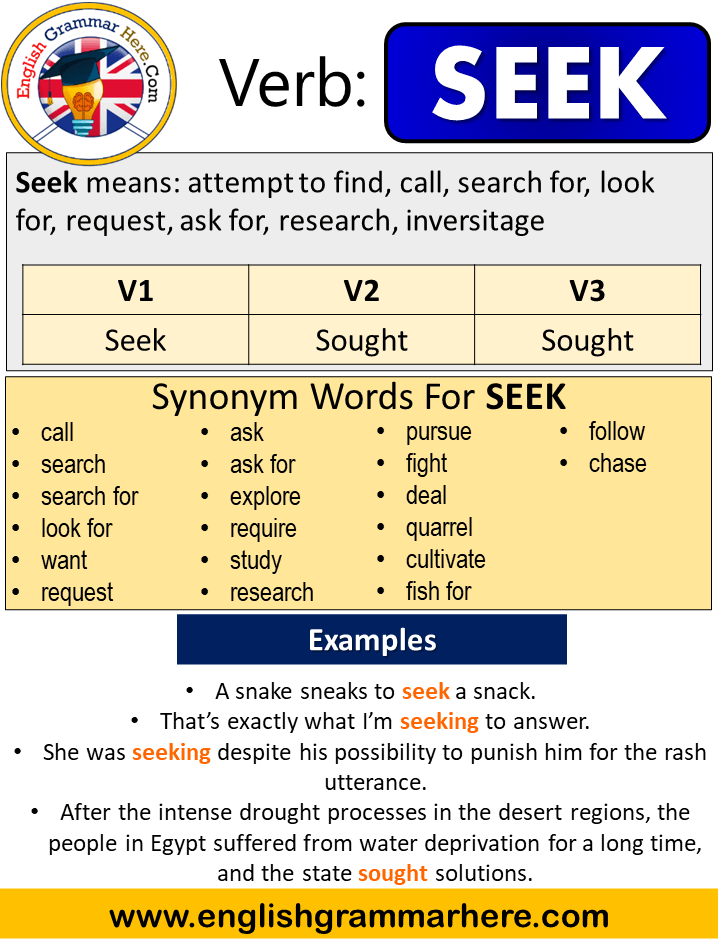
Seek Past Simple, Simple Past Tense of Seek, Past Participle, V1 V2 V3
The simple past is the way we state something happened once in the past (e.g. I ran, we stopped ). The simple past form of seek is sought. Here are some examples of what the past tense of seek looks like in a sentence: The boss sought a perfect fit for the team: someone reliable, sociable, and experienced.